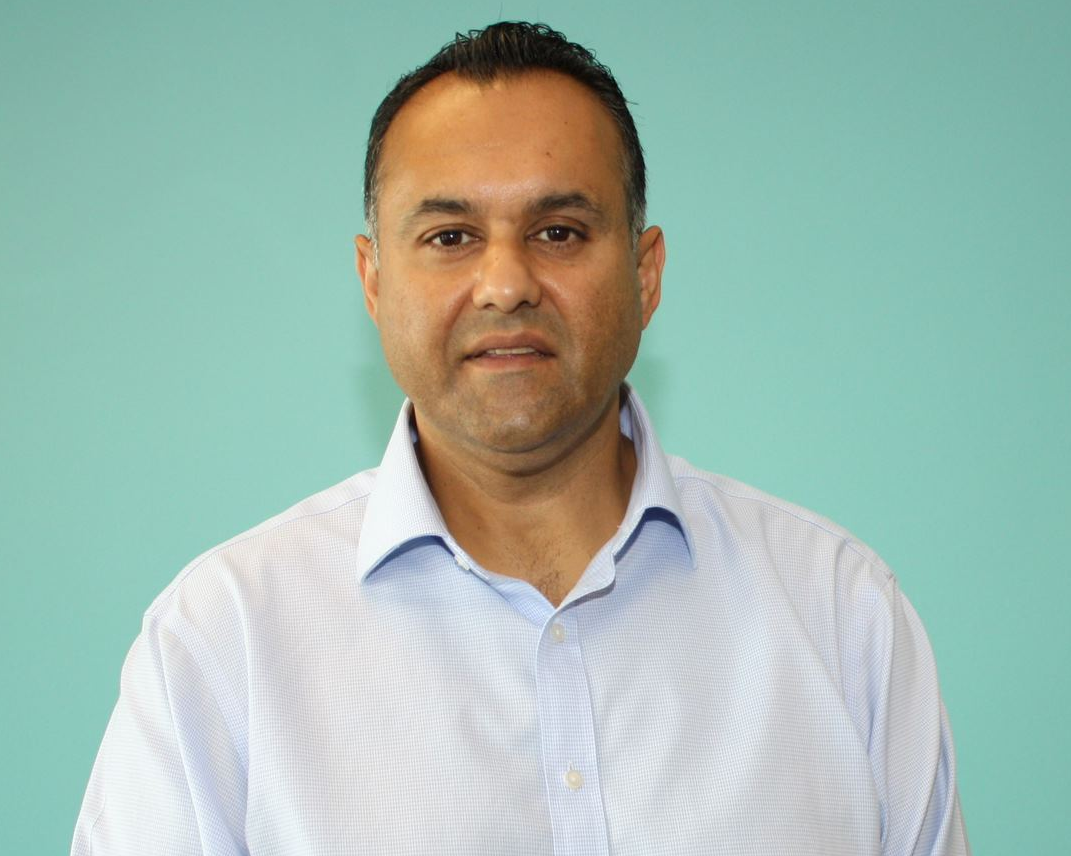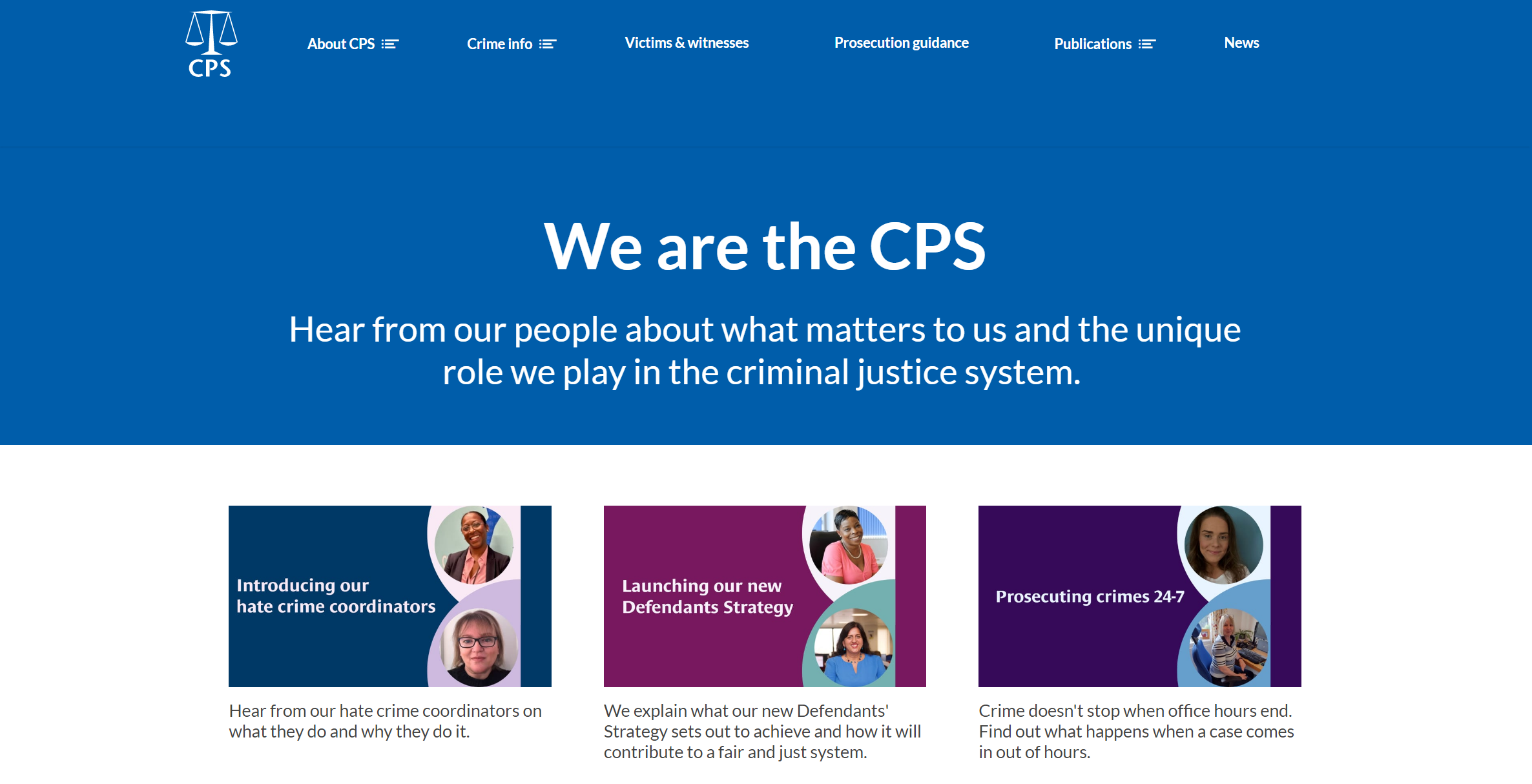Community Accountability Forums:

I’m Fiyaz Mughal OBE, and I’m the co-chair of the Community Accountability Forum (CAF), working alongside Sue Hemming, the CPS’s Interim Chief Executive Officer.
You might not have heard about the CPS’s CAFs before. They’re a series of meetings, held approximately every three months, and they focus on topics based on the CPS’s strategic priorities, or issues we know matter to the communities we serve. For example, this year we have met to discuss disproportionality and support for victims going through the criminal justice process. These are particularly sensitive and difficult discussions, but the CAF is precisely the place to have them.
We invite a range of speakers to each CAF. Our contributors come from the criminal justice system, academia, voluntary community sector groups and people with lived experience. People with expertise on the topic will give short presentations and we discuss how these issues relate to the CPS, what actions we’re already taking and what more we could do.
CAFs are important because they provide us with insight and feedback which allows us to better understand people's experiences of the CPS and the criminal justice system . They are the chance for communities to have their voices heard within the CPS. This in turn helps us improve our policies and the way we work. It’s also useful to have voices in the community who can speak about the work the CPS does and help build trust and confidence, as well as aiding transparency.
CAF on disproportionality

This month, I co-chaired a CAF on disproportionality in charging decisions. We discussed research, commissioned by the CPS, and carried out by the University of Leeds, to examine the outcomes of the CPS’s charging decisions and identify whether demographic factors led to disproportionate outcomes. You can read more about this work on the CPS website.
Speakers included representatives from the CPS’s Strategy and Policy Directorate, and Deputy Chief Constable Tyron Joyce (Programme Director of the Police Race Action Plan) who spoke about the police’s work in addressing race disparities affecting Black people and changing a legacy of distrust.
There was a wide-ranging conversation, covering topics such as the role of unconscious bias and socioeconomic status, the impact of the findings on children, what it means to be anti-racist, and the importance of groups, panels and forums working together . This work is essential in making sure the application of justice is uniform and this is a fundamental value to the CPS.
Although the attendees raised concerns with the initial findings, I was struck by how much they valued the CPS’s openness and transparency in publishing the data. They were supportive of the CPS’s approach to reaching out to stakeholders to explain the research and seeking their views on the next stages of the research to identify why the disproportionality exists.
Work has already begun to understand the disparity found in the Leeds research. This next stage will be overseen by the Disproportionality Advisory Group and adapted as needed following their guidance to ensure robust action is taken. The next stage of research is expected to be completed by September 2023.
CAF on victims' experiences

I also recently co-chaired a CAF which focused on the CPS’s victim transformation programme. We discussed the importance of making sure the voices of victims, and those who work closely with them, are heard. We listened to a range of perspectives, opinions and experiences. The speakers included Jess Daley, an Independent Sexual Violence Advisor, who spoke about the journey through the CJS of one of her clients and gave valuable context as to why the CPS is committed to transforming its services to victims.
There was lots of interesting discussion at the CAF, centred on these key areas:
• Improving our communications with victims to make sure they’re contacted at the right stages of their case, and in the right way
• How we can give victims with the greatest need the level of support they need
• And how we identify who those with the greatest need are
Improving its service to victims is a long-term priority for the CPS and will be a two-to-three-year programme of work. The CPS will continue listening to feedback and testing and reviewing new activities. It’s important we get this right, and that improvements are made thoughtfully and effectively.
As you can see both CAFs were stimulating and thought provoking and I’m grateful to the participants for sharing their perspectives. That’s why I’m excited to be working with the CPS to take forward this important agenda, discussing the issues that matter most to our communities.
The next CAF is scheduled to take place in April and will discuss our Violence Against Women and Girls Strategy.
Hear more from our people about what matters to us and the unique role we play in the criminal justice system
